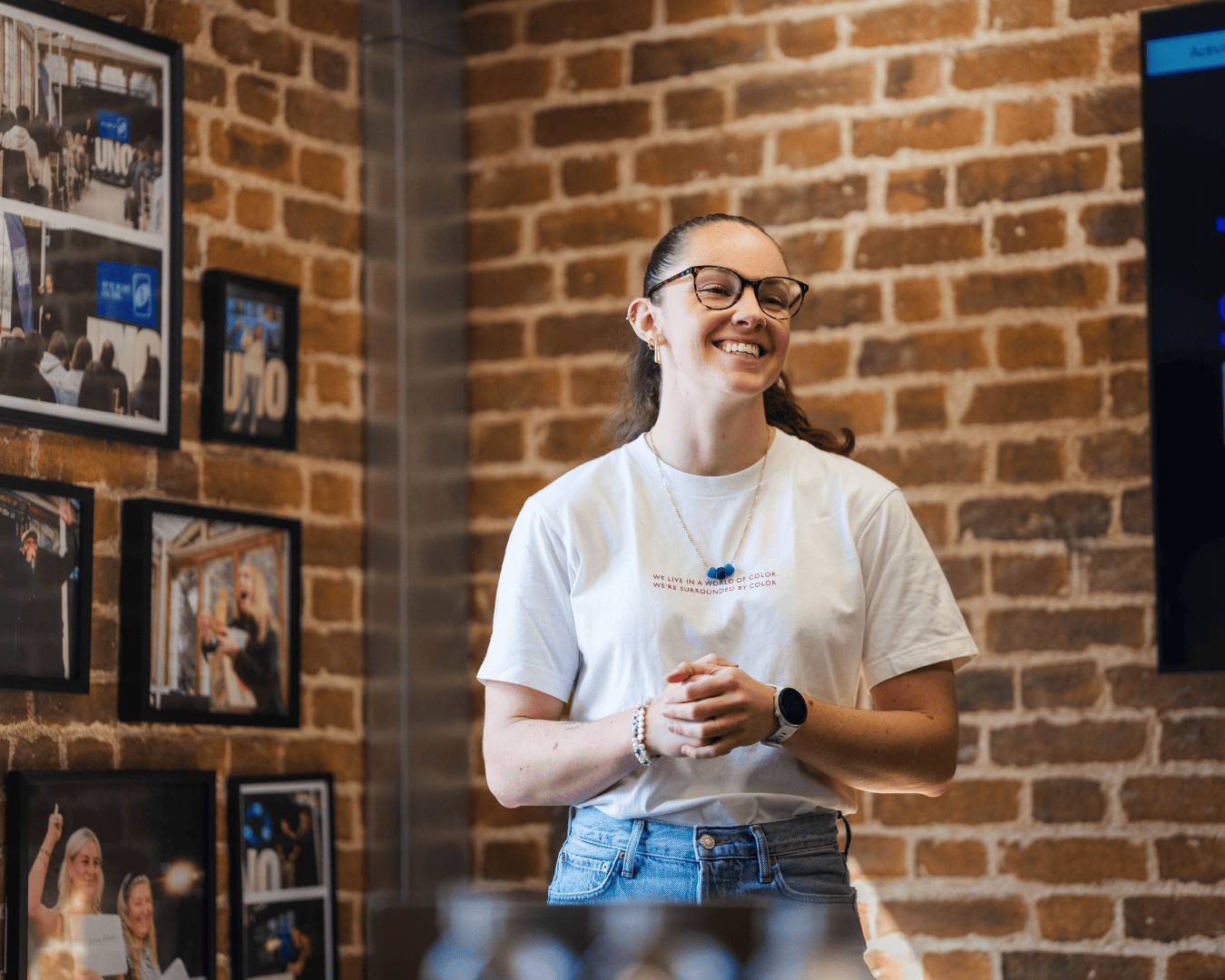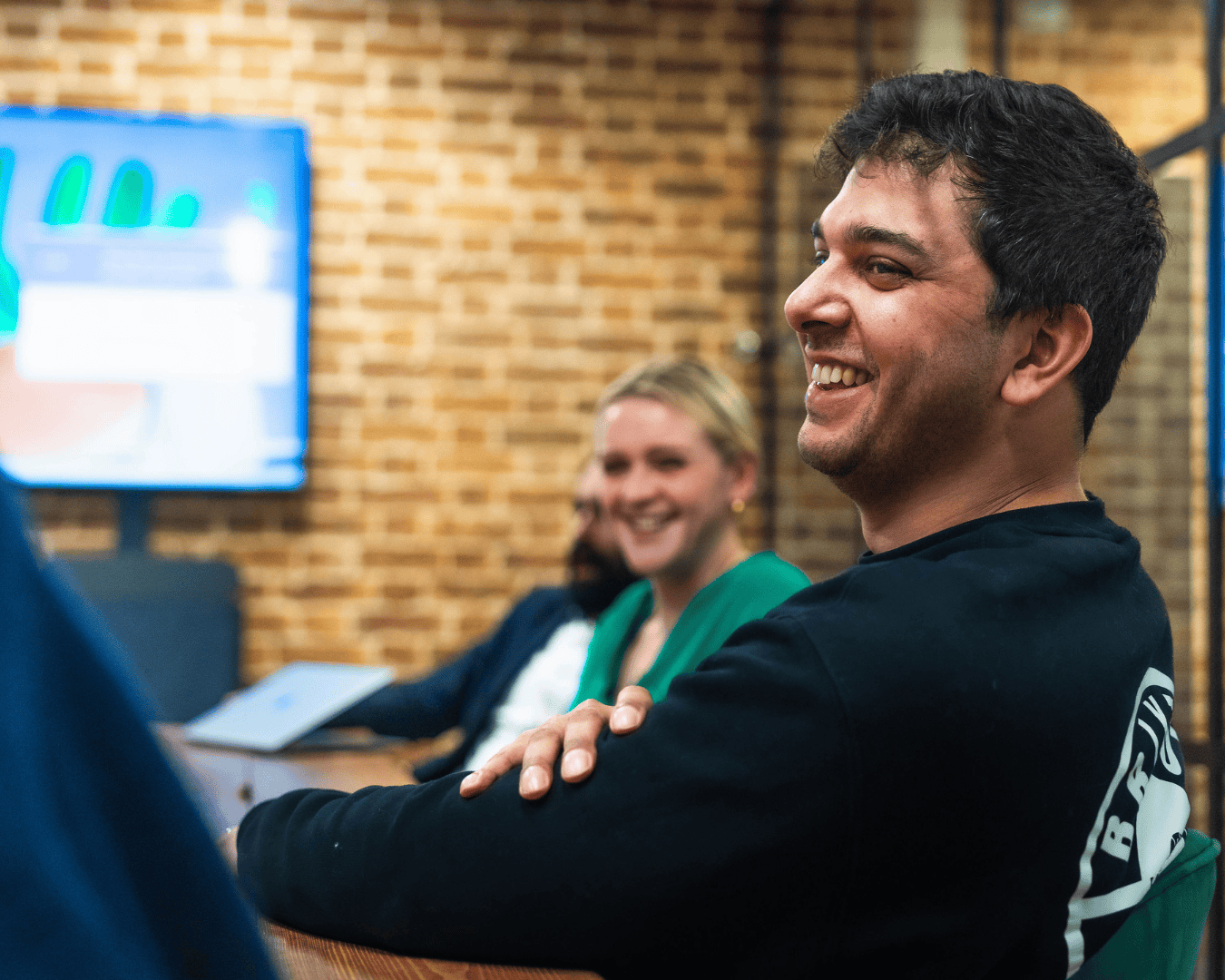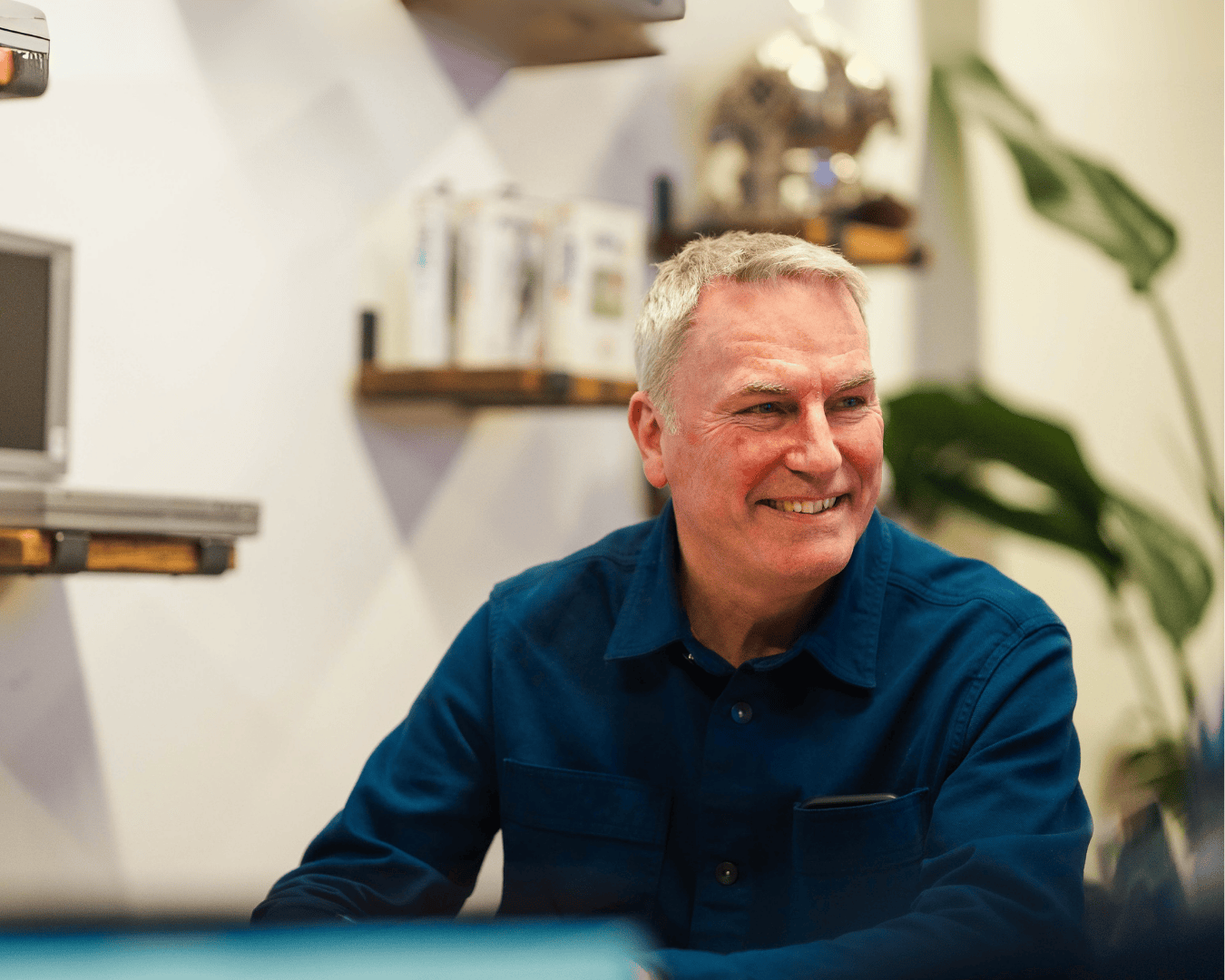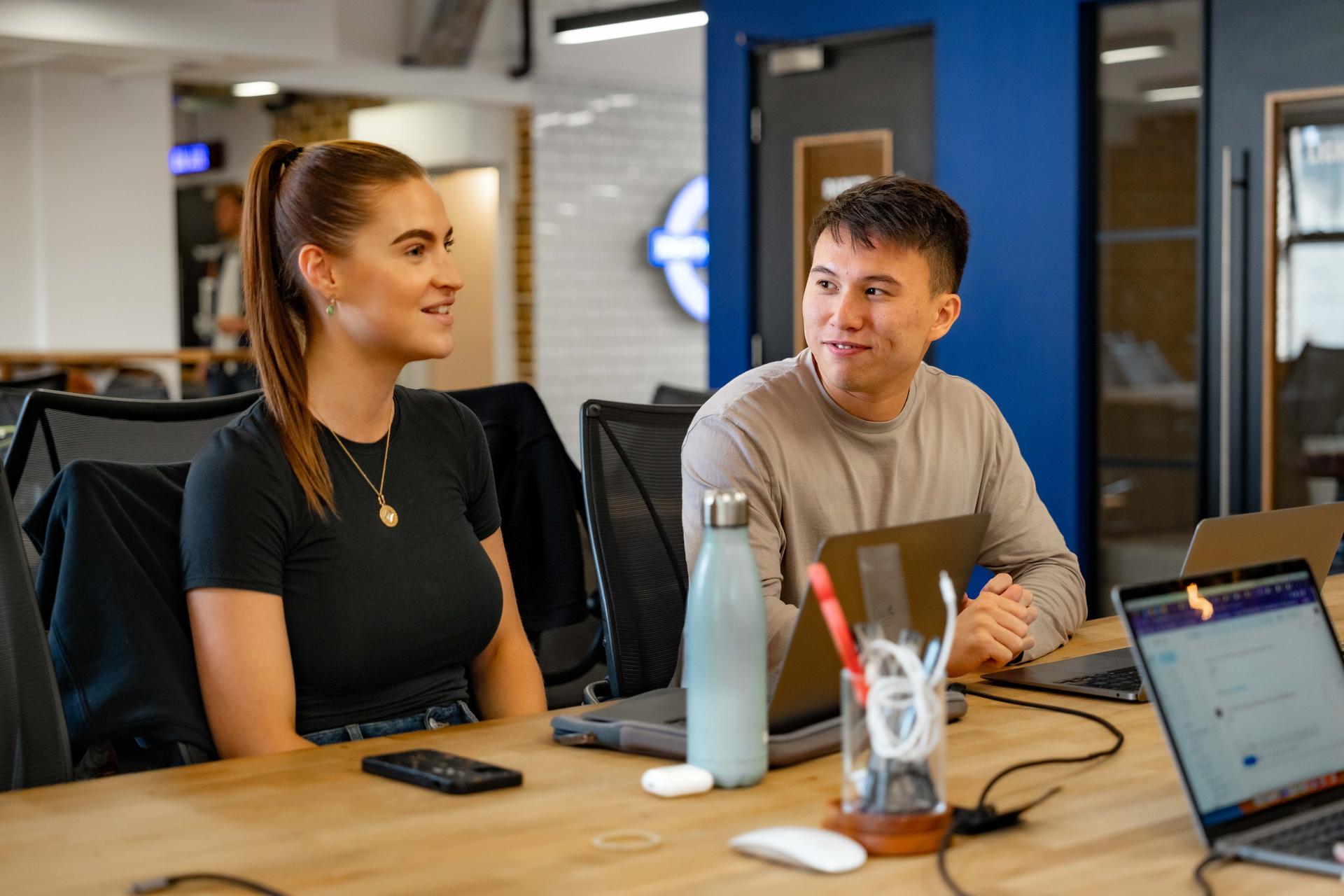There aren't many sequels that trump their predecessor. But, I know what you’re thinking – Toy Story 2, Diary of a Wimpy Kid: Rodrick Rules, Sharknado 5: Global Swarming… the list goes on. Well, let me give you one more to add:
Trends in the world of work, part II.
To put our hats back on (recap), I previously wrote about what was really happening in the world of work, sharing insights from our recent research report at Wiser. We forecasted how work will change in 2025, and the implications that might have for your talent strategy.
The uniting theme was a depressing one: a ‘void of uncertainty’ that has gripped the talent market across all sectors and audiences.
Growing division in the realms of politics, wealth, class, education, age, skill, stability, have seen folk become increasingly polarised. Different opportunities are afforded to different classes, and different anxieties trouble different ages. Global recession looms. Empty space has opened up everywhere — and people feel isolated as a result. They don’t know what to think in such uncertain times. They don’t know who to ask. They don’t know where to look.
In such a void, everything is naturally dark. But dark, as we know, can be conquered by light. And the employers of choice in 2025 will be the ones who can provide that light in the talent market.
Be the lighthouse. Sounds simple, doesn’t it? If you want some actionable tips on how to go about it, you’d better read my first article.
Now it’s time for trends part 2: electric boogaloo.
How is AI imapcting the world of work?
AI: Friend or Foe?
The question on everyone's mind, right? Will judgement day come? Are we all going to be replaced by machines?
Across 18 countries, 85% of workers believe AI will impact their job in the coming years. Those 85% are almost certainly right. But how? This is what most people don’t know, which leaves many of them fearing the worst. Uncertainty is a scary feeling, especially with the threat AI poses to a lot of entry/mid-level tertiary sector roles.
Right now, within the same role, those who integrate AI tools earn 8% more than those who don’t. But a pay gap won’t matter if you’re replaced entirely. IBM’s CEO predicted 30% of their staff will be replaced by AI, as well as BT announcing plans to reduce their workforce by 40% – all within the next five years. Time to buy some boots to quake in.
That being said, 39% of business leaders actually anticipate headcount growth in the short-term because of increasing demand for AI expertise. AI capabilities are beginning to outshine the value of a degree. Between 2018 and 2023, job vacancies demand for AI roles grew 21% in the UK, while mentions of university education requirements fell 15%. The bottom line is this — AI is good if you use it to make you better, and dangerous if you ignore it. A bit like an overzealous partner.So, those with AI skills are desirable, and those without aren’t. How do you deal with the latter group, if you’re prioritising the former?
After AI put the jobs of 8,500 call centre workers at risk, IKEA refused to consider layoffs, instead retraining all of the affected employees into new roles. In doing so, they acted as a lighthouse — saying to the market: “Look how we protect and upskill our own. That’s the standard here”.
Take a page out of IKEA’s book. A reputation for taking care of your people will always benefit you as an employer. And it’ll spread calm across your business, as employees understand that their best interests are yours, too.
Before we end this segment, let’s turn to an expert. I’d like to welcome a special guest. Now giving their opinion on the matter, please give a warm welcome to… AI.
“AI is a tool, and how we use it determines whether it’s a friend or a foe. The real question isn’t whether AI is a friend or a foe—it’s whether we, as humans, can develop and regulate it responsibly. If we strike the right balance, AI can be one of our greatest allies. If not, we risk losing control of something we’ve created.”
What do you mean ‘we?’ aside from that, an interesting – if not slightly concerning – point, straight from the horse’s mouth. With many governments taking a ‘pro-innovation’ stance on AI, its usage and regulation will determine the future of its label: Friend, or Foe.
The impact of salaries
The Big Squeeze
What’s the point of a degree anymore?
Financially speaking, a degree is becoming a poorer investment. You’ll become rich with stories, life lessons and niche pub quiz knowledge, yes — but graduates are seeing more money coming out of their pockets, without the promise of it returning in the future.
We’re seeing growing wage compression in the UK. The average graduate salary is closer to minimum wage than ever, at 11%, compared to 82% over ten years ago. So why take on the financial burden at all, if it no longer guarantees a financial advantage later down the line?
With the 6.7% increase to the UK minimum wage due this April, the threshold for paying back a student loan and the minimum wage on a full-time job will converge over time. Graduates with a full-time job, whether it’s training to be a lawyer or stacking shelves, will face an effective marginal tax rate of at least 37%. Those leaving university will be feeling the pinch, unless they’re able to secure a salary that clears the minimum wage convincingly.
So what can you do?




